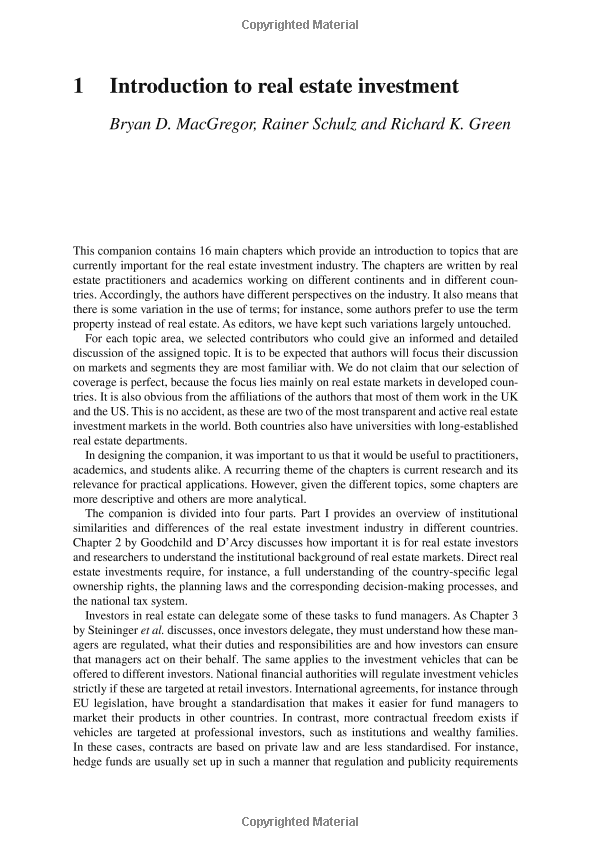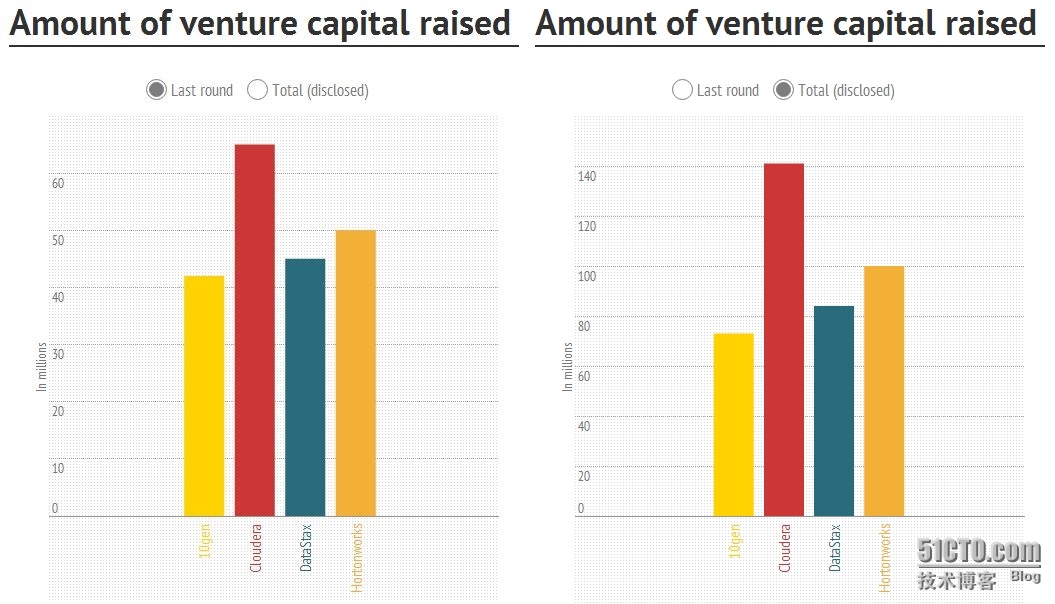Understanding the Loan to Value Ratio in Real Estate: A Comprehensive Guide for Investors
Guide or Summary:Loan to Value RatioImportance of Loan to Value Ratio in Real EstateHow to Calculate Loan to Value RatioFactors Influencing Loan to Value Ra……
Guide or Summary:
- Loan to Value Ratio
- Importance of Loan to Value Ratio in Real Estate
- How to Calculate Loan to Value Ratio
- Factors Influencing Loan to Value Ratio
- Loan to Value Ratio and Mortgage Insurance
- Strategies to Improve Loan to Value Ratio
Loan to Value Ratio
The Loan to Value (LTV) ratio is a crucial metric in the real estate industry, representing the relationship between the amount of a loan and the appraised value of the property being purchased. It is calculated by dividing the loan amount by the property's appraised value, expressed as a percentage. For example, if you are purchasing a home valued at $200,000 and you take out a loan for $160,000, your LTV ratio would be 80% ($160,000 ÷ $200,000).
Importance of Loan to Value Ratio in Real Estate
Understanding the LTV ratio is essential for both buyers and lenders. A lower LTV ratio is generally seen as less risky for lenders, as it indicates that the borrower has more equity in the property. This can lead to better loan terms, such as lower interest rates or the elimination of private mortgage insurance (PMI). Conversely, a higher LTV ratio may signal higher risk, leading to stricter lending requirements or higher interest rates.
How to Calculate Loan to Value Ratio
To calculate the LTV ratio, follow these steps:
1. Determine the loan amount you are seeking.
2. Get an appraisal of the property to find its current market value.

3. Use the formula: LTV = (Loan Amount / Property Value) x 100.
For instance, if you want to borrow $250,000 for a home valued at $325,000, your calculation would be:
LTV = ($250,000 / $325,000) x 100 = 76.92%.
Factors Influencing Loan to Value Ratio
Several factors can influence the LTV ratio, including:
- **Property Type**: Different types of properties may have varying acceptable LTV ratios. For example, investment properties often require a lower LTV compared to primary residences.

- **Credit Score**: Borrowers with higher credit scores may qualify for loans with higher LTV ratios, while those with lower scores might face restrictions.
- **Market Conditions**: In a declining market, lenders may reduce the maximum LTV ratio to mitigate risk.
Loan to Value Ratio and Mortgage Insurance
When the LTV ratio exceeds 80%, lenders typically require borrowers to obtain private mortgage insurance (PMI). PMI protects the lender in case the borrower defaults on the loan. This additional cost can significantly impact monthly mortgage payments, making it essential for buyers to understand their LTV ratio and work towards lowering it when possible.
Strategies to Improve Loan to Value Ratio
If you're concerned about your LTV ratio, there are several strategies you can employ to improve it:
- **Increase Your Down Payment**: The most straightforward way to lower your LTV ratio is to increase your down payment. This not only reduces the loan amount but also increases your equity in the home.

- **Improve Your Credit Score**: A higher credit score can help you secure better loan terms, potentially allowing for a higher LTV ratio without additional costs.
- **Wait for Property Appreciation**: If the real estate market is on an upward trend, waiting for your property's value to appreciate can naturally lower your LTV ratio.
The Loan to Value ratio is a vital aspect of real estate financing that every buyer and investor should understand. It affects loan eligibility, interest rates, and the necessity for mortgage insurance. By grasping the implications of the LTV ratio, you can make informed decisions that will benefit your financial future in real estate investments. Whether you're a first-time homebuyer or a seasoned investor, keeping a close eye on your LTV ratio can help you navigate the complexities of real estate financing with confidence.